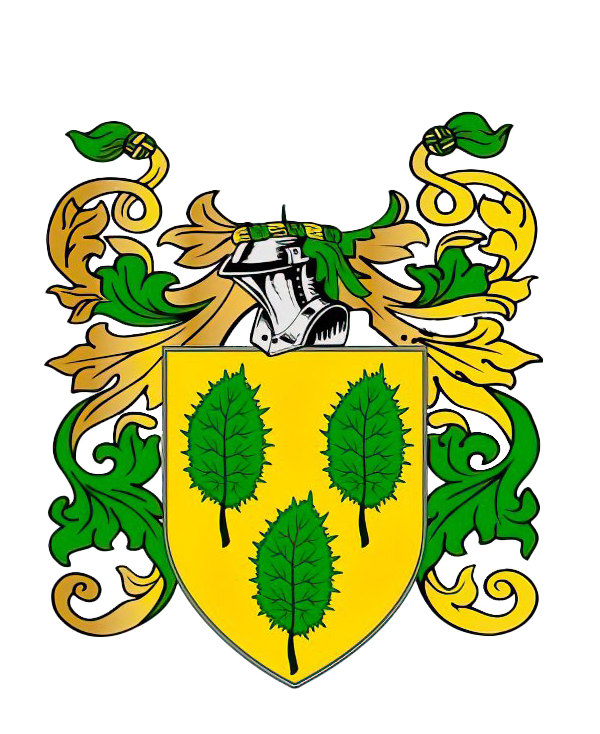Kathleen Cleary 1896 - 1970
The family of Thomas Cleary (Thomas B's father) were evicted, with other tenants, from their homes by East Galway landlord Allan Pollok probably in the mid1850's. At a time of extreme poverty Thomas and his wife Mary, with four children, had no resources or work. Their family had survived a series of extremely cold winters including the night of the 'Big Wind' in 1839, Ireland's worst ever natural disaster, and the 'Great Famine of 1845-1852.
Thomas B. was born in Laurencetown, south of Ballinasloe, in the townland of Crows Nest in 1859. The Pollok Estate was built into a Model Farm by the owners over a period of years starting about 1853. The farm was so advanced that at one stage Napoleon's brother visited it to learn of the methods being used to run the estate. However, the investment by the owners did not extend to the accommodation provided for their labourers and tenants. Many houses, of the most basic type, were purpose build by Pollok for them and had little protection from the weather.

